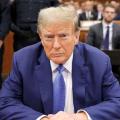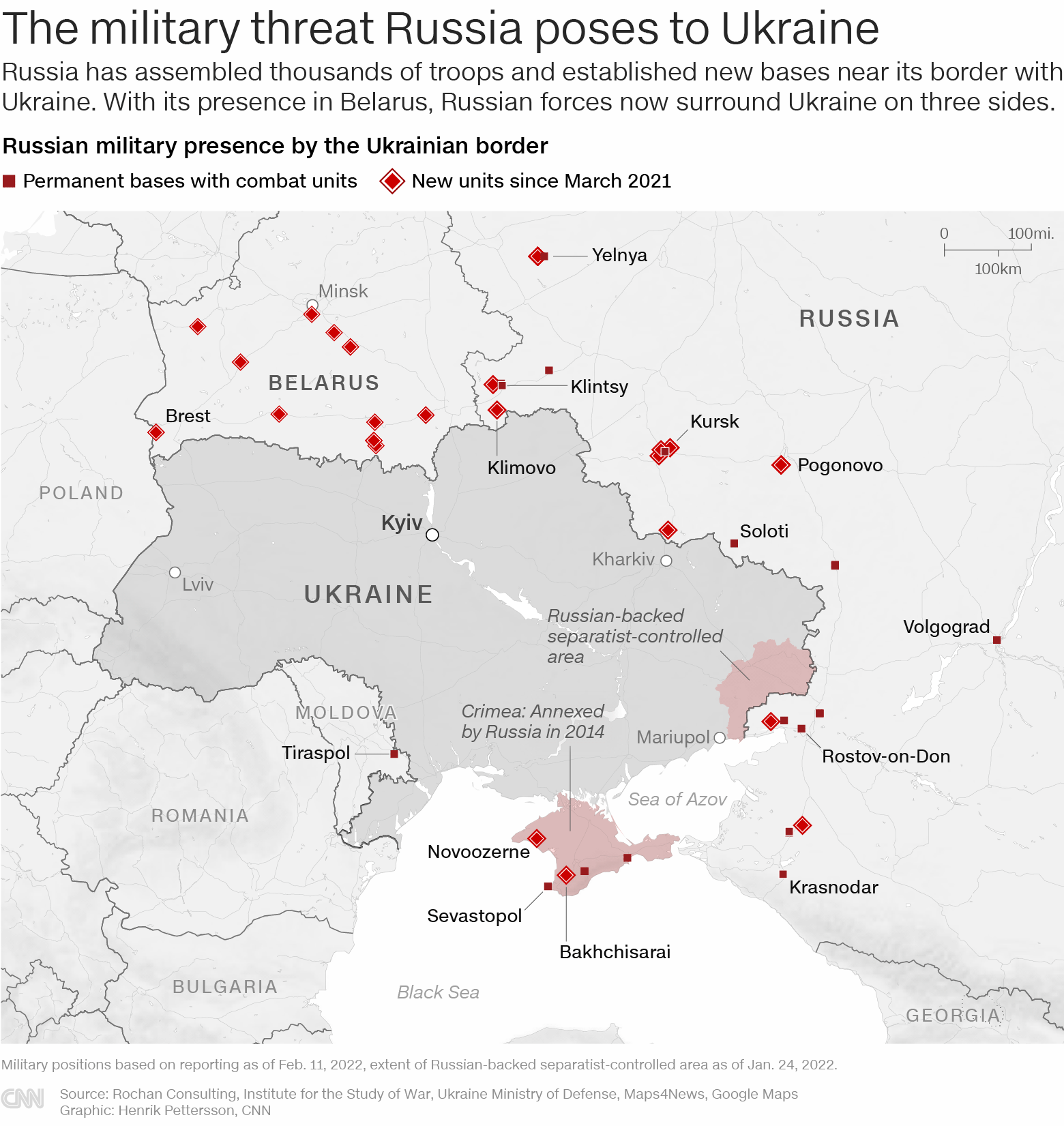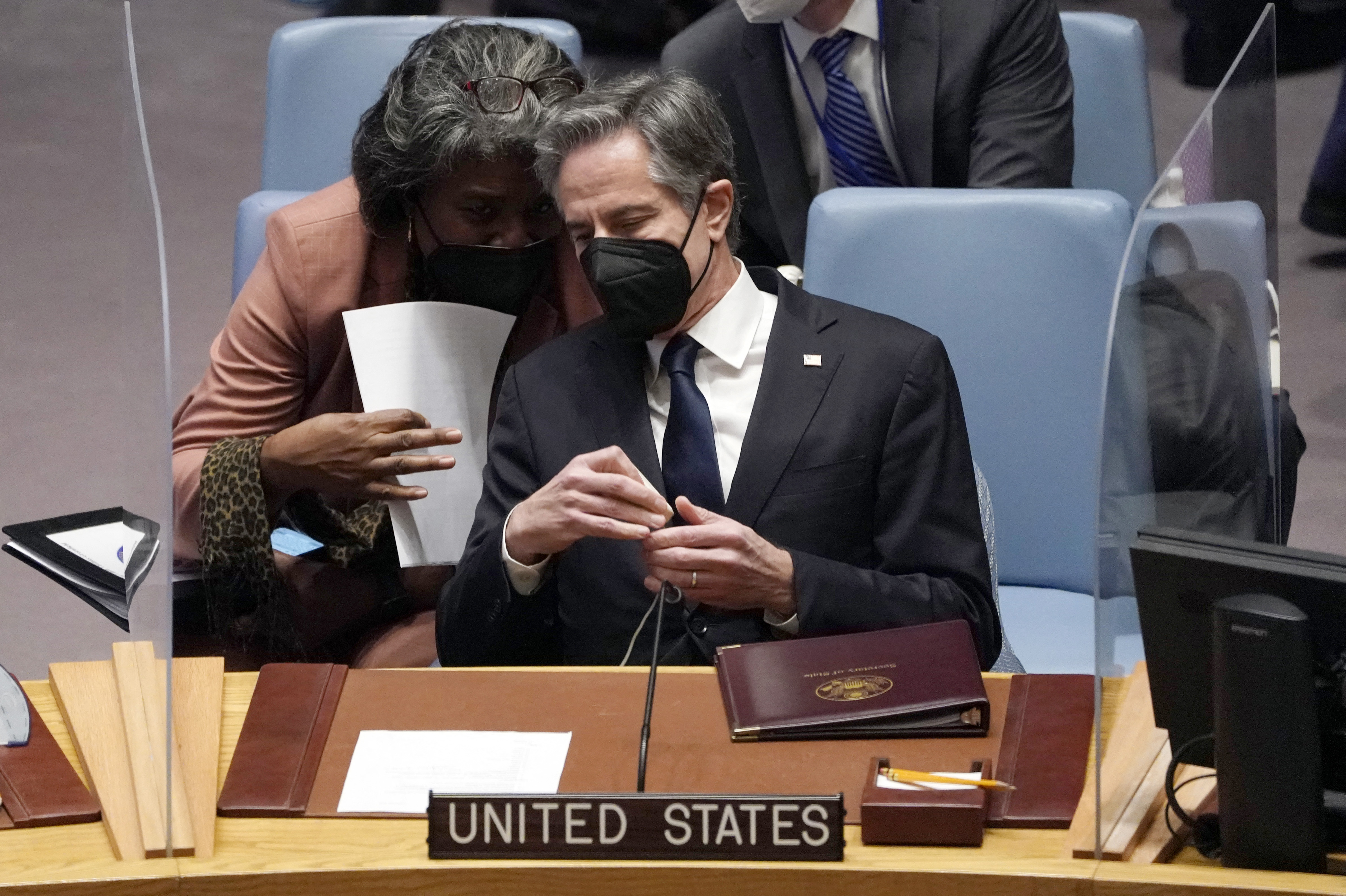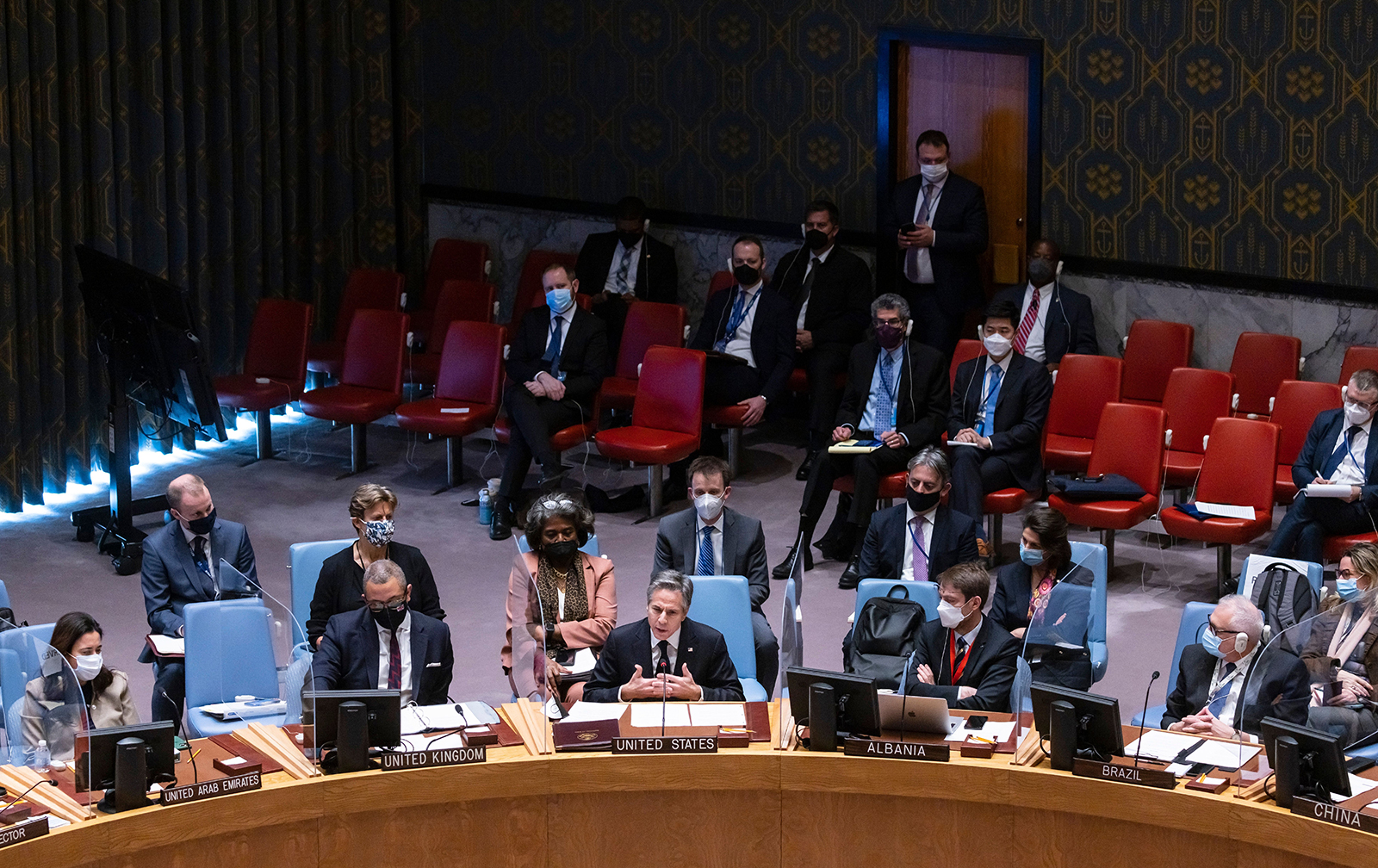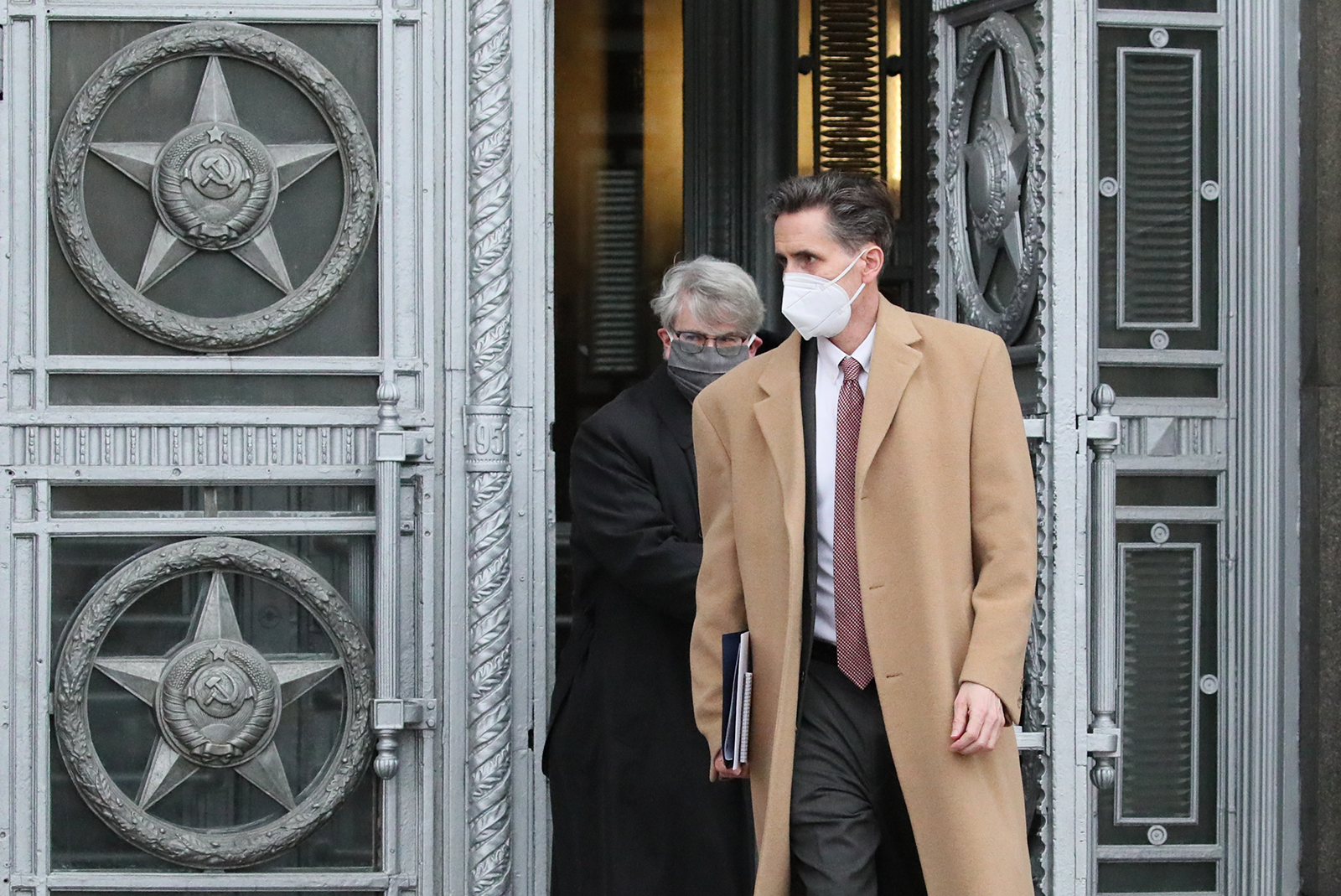As world leaders scramble to find a diplomatic solution over the ongoing Russia-Ukraine tensions, talk has turned to the 2015 Minsk Agreement as a possible way out of the crisis.
The agreement, the second of its kind (and the one that matters), was hammered out in the Belarusian capital in a bid to end what was then a bloody 10-month conflict in eastern Ukraine.
But Minsk II has never been fully implemented, with its key issues still unresolved.
Here's what you need to know:
Who are the key players? A rare meeting between Russian, Ukrainian, German and French leaders in February 2015 sought to bring peace to areas of Ukraine that had been taken over by pro-Russian separatists the year before. Those areas, in Ukraine's Donbas region, became known as the Luhansk People's Republic (LPR) and the Donetsk People's Republic (DPR). The Ukrainian government in Kyiv asserted the two regions were in effect Russian-occupied.
The talks also aimed to work towards a political settlement for the region.
The result, Minsk II, was signed by representatives of Russia, Ukraine, the separatist leaders and the Organization for Security and Co-operation in Europe (OSCE). It was subsequently endorsed by a UN Security Council resolution.
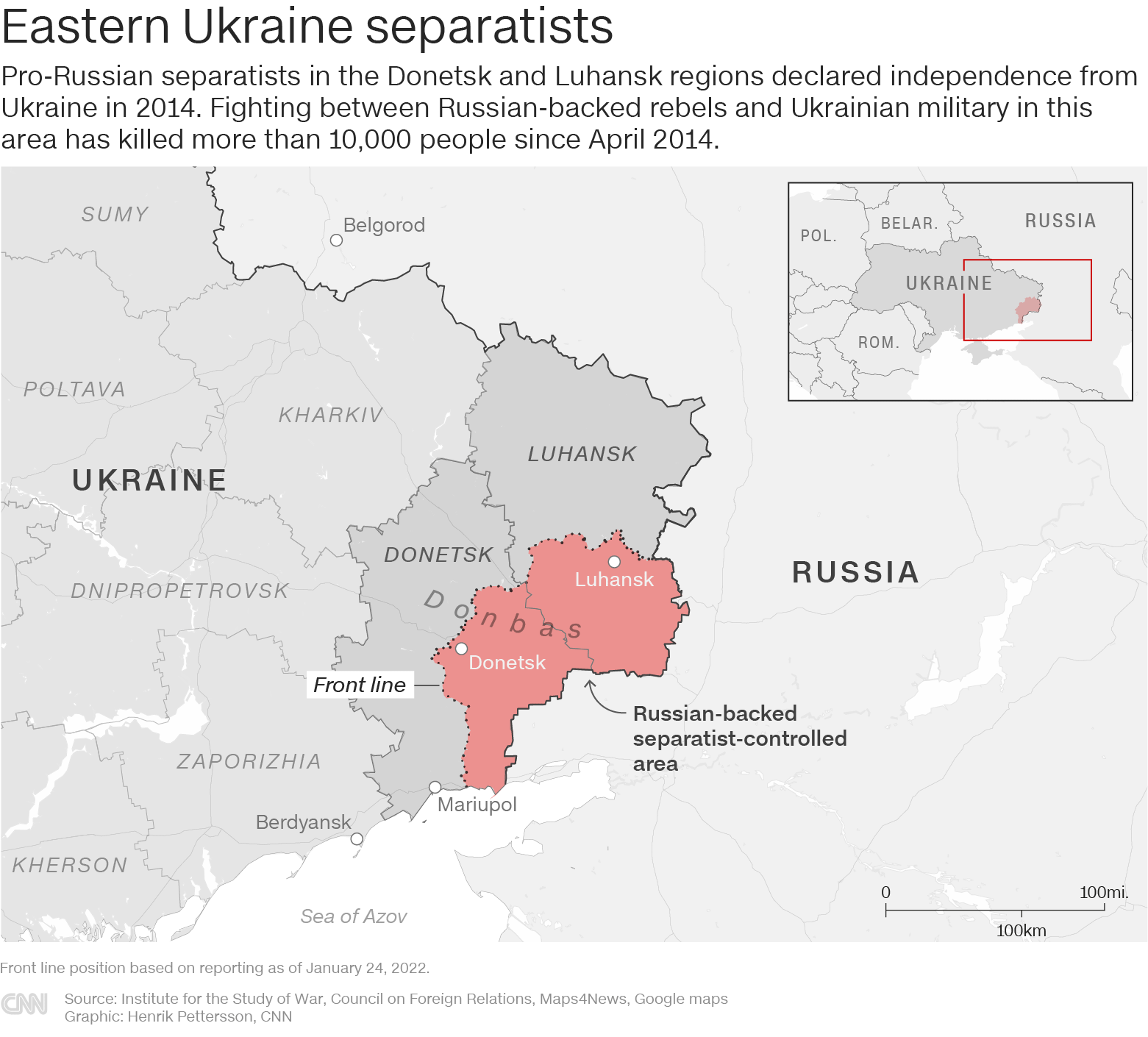
What were the conditions of the agreement? A ceasefire. In February 2015, there was still heavy fighting in some areas between Ukrainian forces and Russian-supported rebels, with the Ukrainians taking heavy losses.
The withdrawal of heavy weaponry from the frontlines.
That the OSCE — a 57-member security organization that also includes the US and Canada — monitor the frontlines.
A dialogue on local elections in areas occupied by pro-Russian rebels.
The restoration of full economic and social links between the two sides, so that, for example, pensions could be paid.
That Ukrainian government control be restored over the border with Russia.
The withdrawal of all foreign forces and mercenaries.
Constitutional reform that would provide some autonomy to the regions of Ukraine's eastern Donbas region no longer under the central government's control.


